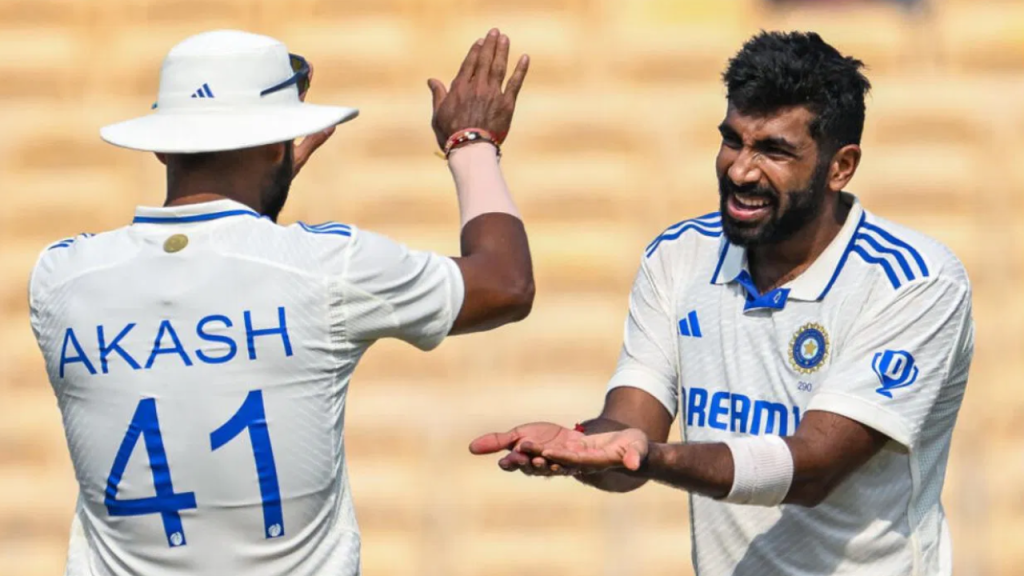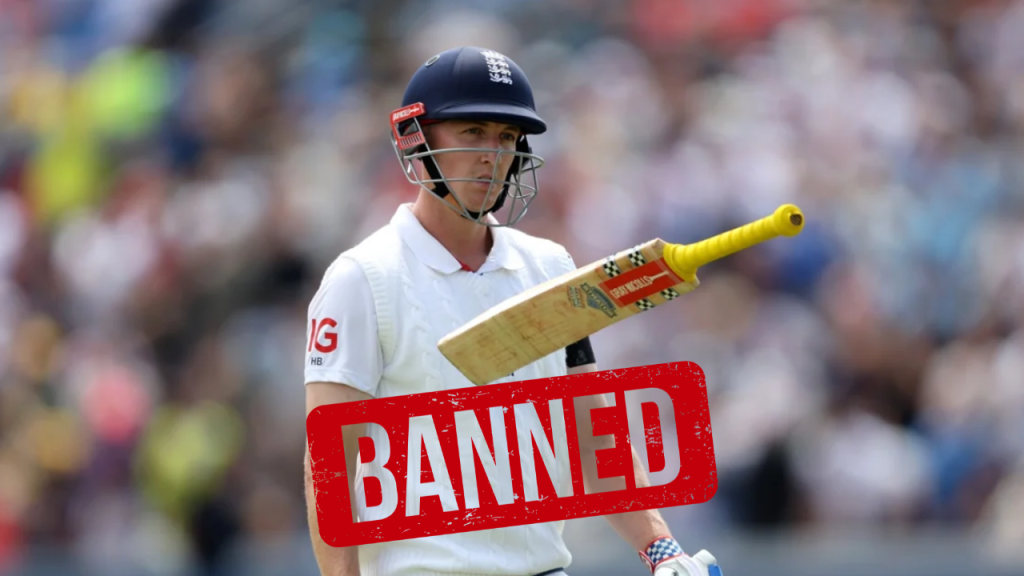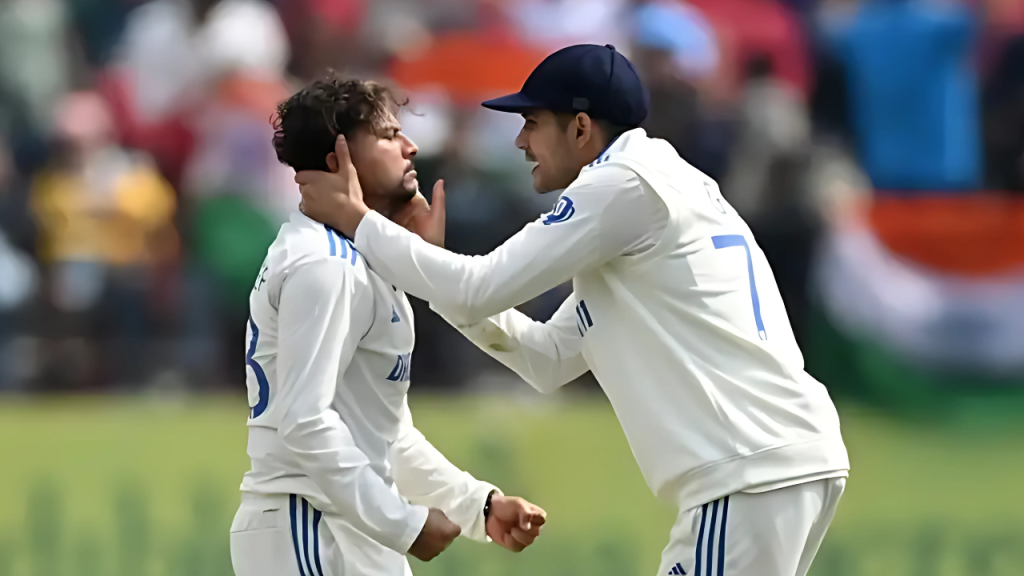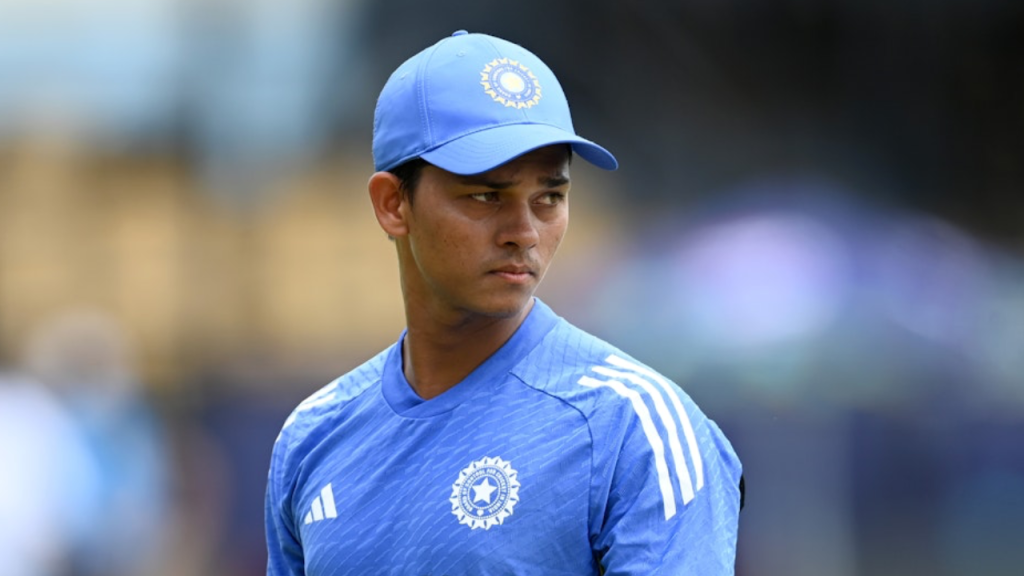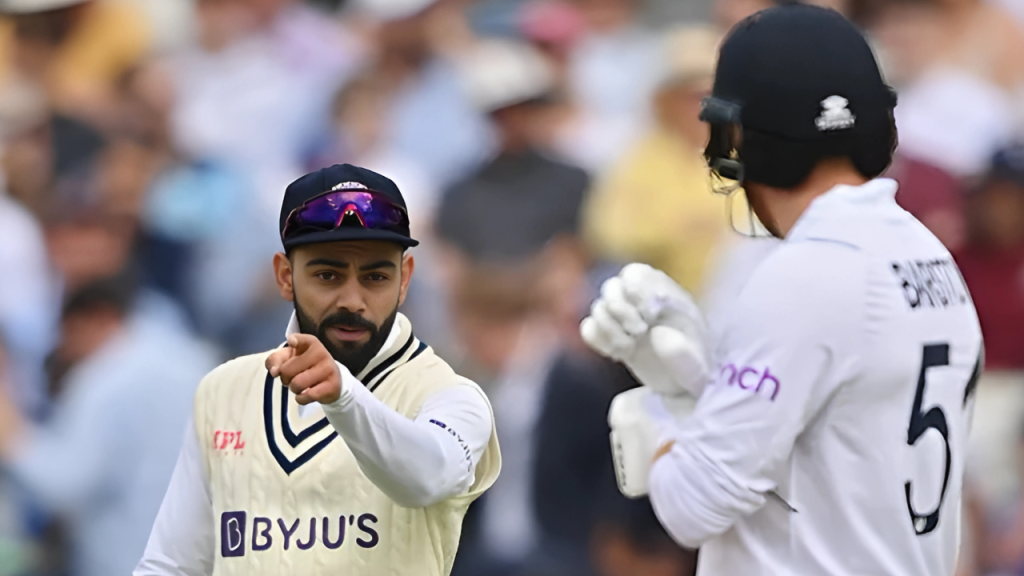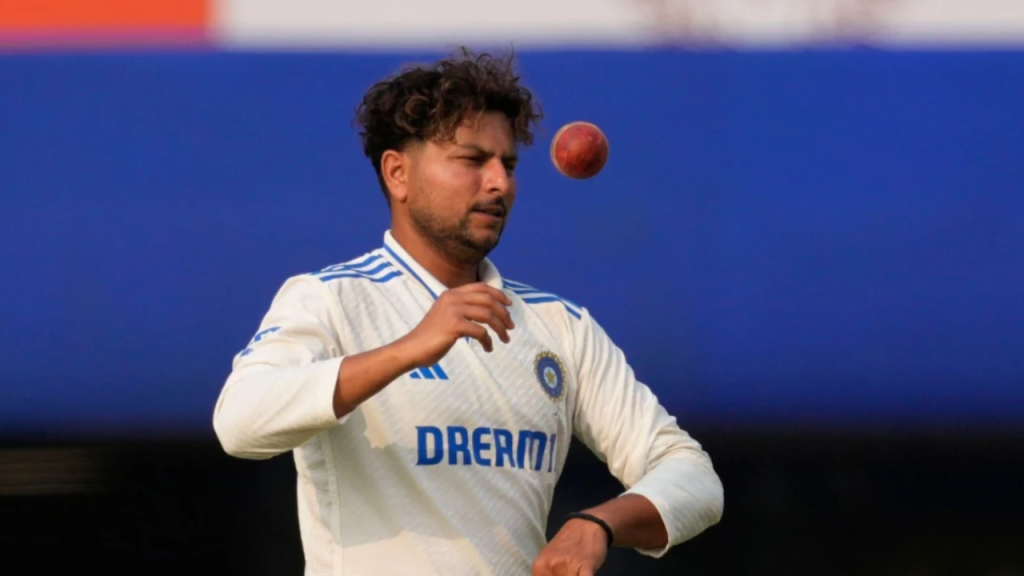Rohan Jaitley taking the helm as the Secretary of the Board of Control for Cricket in India (BCCI), this appointment, marking a significant transition, not only reflects the changing guard within the cricketing body but also underscores a legacy of involvement in cricket governance by the Jaitley family. Rohan Jaitley, before stepping into this pivotal role, was known for his legal acumen and his tenure as the President of the Delhi & District Cricket Association (DDCA), roles that have now paved the way for him to lead one of the most influential cricket boards globally.
Rohan Jaitley’s journey to the BCCI’s top administrative position is as much about his own merits as it is about his lineage. The son of the late Arun Jaitley, a towering figure in Indian politics and cricket administration, Rohan has always been in the shadow of greatness. Arun Jaitley, during his lifetime, was not only the Finance Minister of India but also a key figure. This background provided Rohan with a unique vantage point into the workings of cricket governance, blending legal expertise with administrative insight.
The appointment of Rohan Jaitley as BCCI Secretary comes at a time when Indian cricket is at a crossroads, facing challenges from internal politics to international relations in cricket governance. His legal background, coupled with his experience in cricket administration, positions him well to navigate these complexities. Having been involved with the DDCA, where he initiated the Delhi Premier League, showcasing talents like Rishabh Pant, Jaitley has already demonstrated an ability to foster grassroots cricket, a crucial aspect often overlooked in the glitz of international cricket.
Under Rohan Jaitley’s stewardship, the BCCI might see a more structured approach to cricket development, focusing not just on the IPL’s commercial success but also on nurturing talent across various levels of the game. His legal expertise could also bring a more systematic approach to resolving disputes, both within the BCCI and with international bodies, ensuring that Indian cricket’s interests are represented with clarity and precision.
However, with great power comes great scrutiny. Rohan Jaitley’s appointment has sparked discussions on nepotism in cricket administration. Critics argue that his ascent might be more about his surname than his capabilities, a narrative that has shadowed many in Indian cricket’s corridors of power. Yet, Jaitley’s previous roles and his quiet yet effective leadership style suggest there might be substance to his selection beyond just lineage.
As he steps into this role, the expectations from Rohan Jaitley are manifold. From ensuring the smooth operation of the IPL, which is not just a cricketing event but a cultural phenomenon, to handling the intricate diplomacy of international cricket, his tenure will be closely watched. His ability to maintain the BCCI’s financial prowess while pushing for reforms in domestic cricket will be key. Moreover, his approach to issues like player welfare, match-fixing, and the integration of technology in cricket could set precedents for the global game.
Rohan Jaitley’s appointment as BCCI Secretary is more than just a change in leadership; it’s a testament to the enduring legacy of cricket administration in his family. While the shadow of Arun Jaitley looms large, Rohan has the opportunity to carve his own path, potentially transforming Indian cricket in ways that resonate with both tradition and modernity. As fans and stakeholders look on, the hope is for a tenure marked by innovation, integrity, and a deep commitment to the spirit of cricket. This new era under Rohan Jaitley’s leadership could well be remembered for redefining what it means to govern cricket in India, balancing the legacy of the past with the demands of the future.
